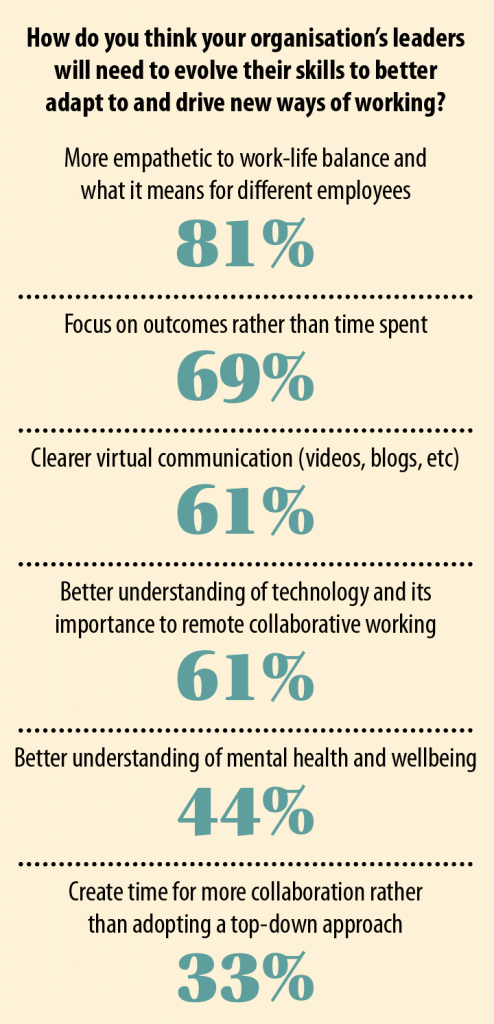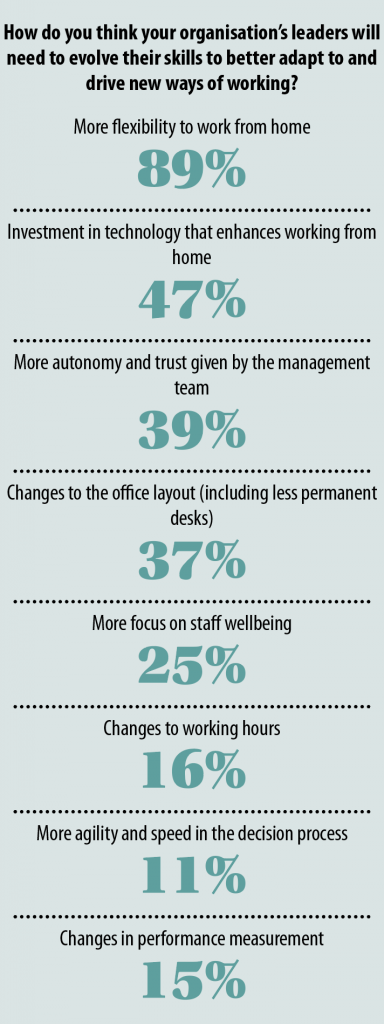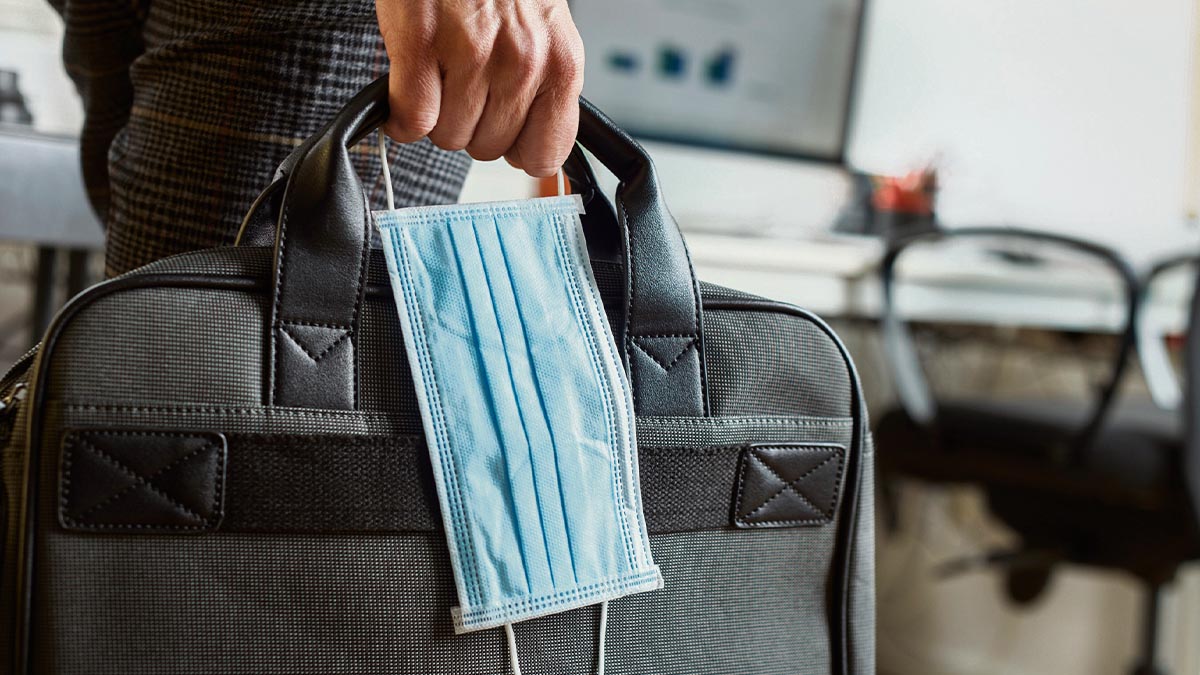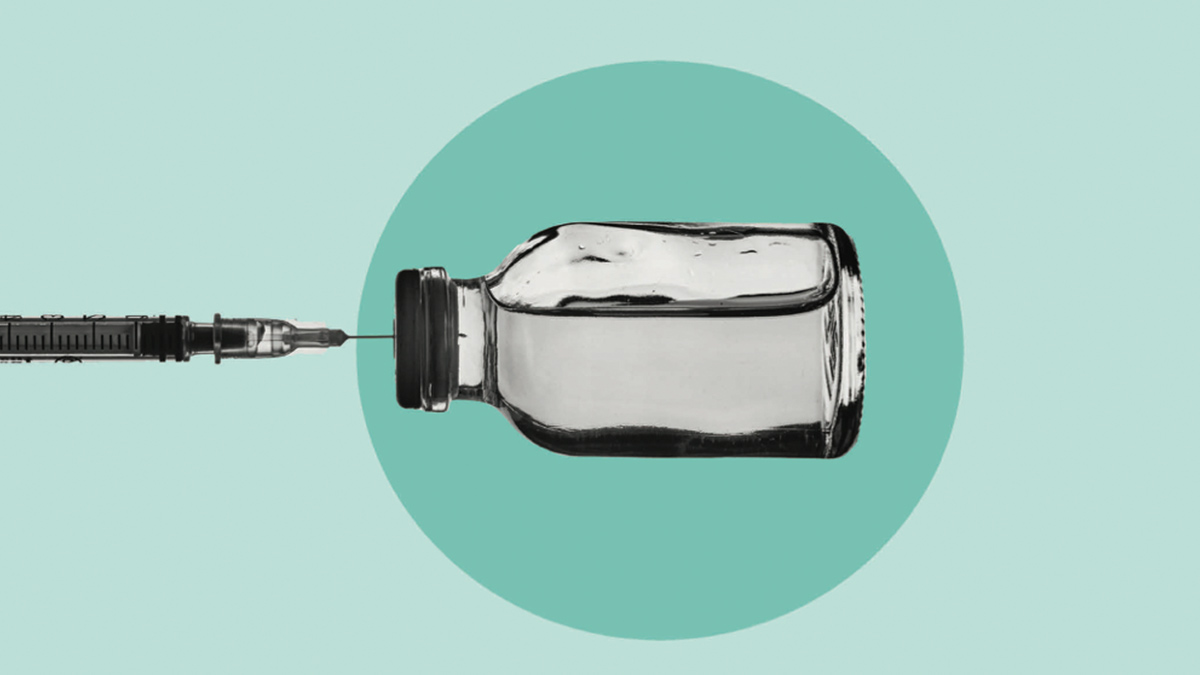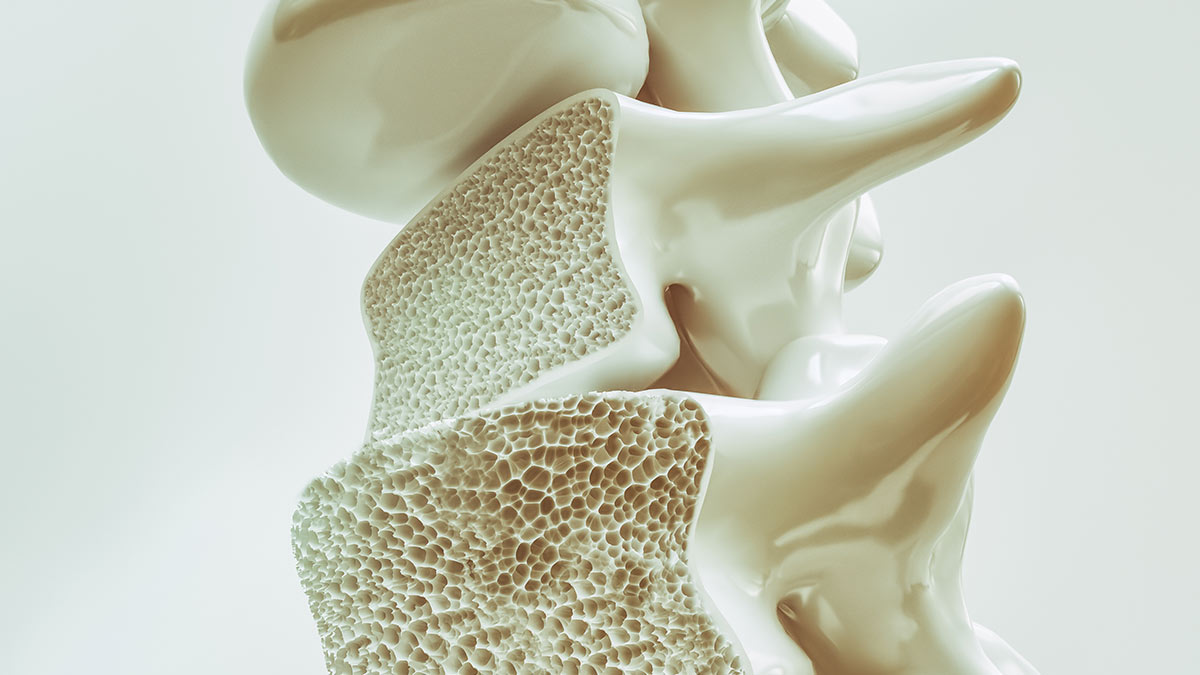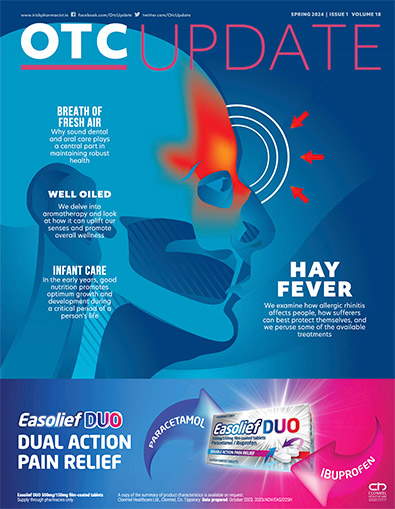62 per cent of employers are planning a staggered return to work based on individual health risks
Sixty-two per cent of employers are planning to stagger return to work based on employees’ own health risks related to Covid-19, whilst 49 per cent will be staggering employees’ return, depending on how critical their role is to the business, according to research recently released.
The next most popular strategy is the creation of smaller workgroups (46 per cent), followed by a voluntary return scheme (41 per cent), changing work hours (35 per cent), and splitting shifts (35 per cent).
A third (32 per cent) of Irish businesses have stated that they will base their return-to-work strategy on local infection rates and 29 per cent of companies have admitted to not yet considering what their return to work strategy may be.
The findings come from a recent survey from recruitment firm Robert Walters, with the global findings published in a white paper titled Returning to the New World of Work.
The research also shows that 93 per cent of Irish employees would like more opportunities to work from home post-return, with 11 per cent stating that they would like to work from home permanently.
Whilst 79 per cent of firms have stated that the experience of Covid-19 will encourage business heads to have employees work from home more often, they also cite concerns over employee productivity (64 per cent), senior leadership preferring traditional ways of working (57 per cent), and the nature of the business, ie, face-to-face sales (36 per cent), as the key barriers to achieving this.
Cost savings
Implementing head-count freezes (45 per cent), utilising Government unemployment schemes (30 per cent) and voluntary annual leave (23 per cent) were some of the most popular instant measures Irish companies took in response to the virus. It is thought that use of Government schemes by employers has grown significantly in a period of two months.
As workplaces are able to re-open, it seems that cost-saving remains at the core of business strategy, with a reduction in office space (50 per cent) and a reduction in travel budgets by switching to virtual meetings (47 per cent) being the key tactics considered by companies.
Adaption
Three-quarters of employers admit that their senior team have not been equipped to manage teams remotely, and will need new training to be able to adapt to new ways of working, including being more empathetic to work-life balance (81 per cent); focusing on outcomes rather than work hours (69 per cent); improving on virtual communication (61 per cent); a better understanding of mental health and wellbeing (44 per cent); and creating a more collaborative environment (33 per cent). The research shows it is not just business heads who are anticipating changes to the future workplace, with employees expecting more flexibility to work from home (89 per cent); investment in better technology (47 per cent); more autonomy (39 per cent); changes to the office layout (37 per cent); a revised focus on wellbeing (25 per cent); changes to work hours (16 per cent); faster decision-making (12 per cent); and changes to performance measures (15 per cent).
